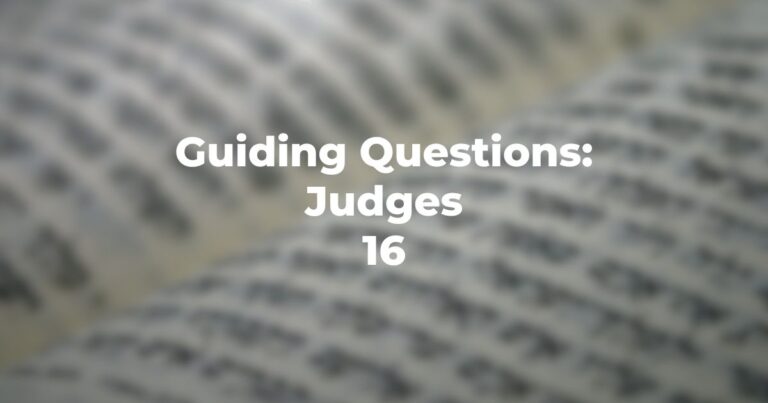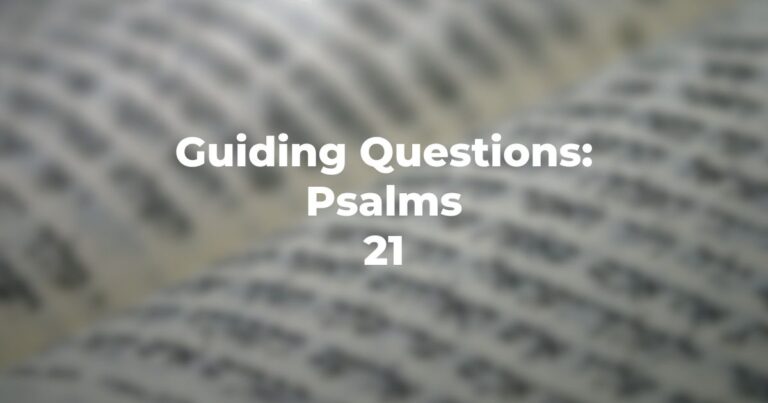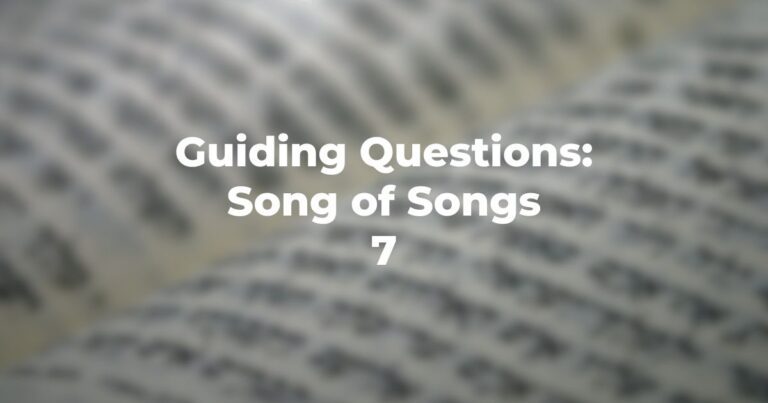- What is “shmitah?” Why is it not defined?
- Does it apply to all residents or only to Israelites—and, if the latter, why?
- How does Deuteronomy 15:4-5, and Deuteronomy 15:7 et seq juxtapose; do they contradict one another?
- What is the repeated mandate as to treatment of the unfortunate (Deuteronomy 15:7-10)?
- Compare Deuteronomy 15:11 to Deuteronomy 15:4-6—do they contradict one another?
- Do these regulations seem to be more pertinent addressed to a settled population rather than to a group yet to enter its land?
- How does Deuteronomy 15:12-18 compare to the opening section of Mishpatim in Shmot? (Note especially Deuteronomy 15:12 as to gender.)
- Does the legislation regarding the “first born” (Deuteronomy 15:19) have any connection with the preceding section?
- Is there any reference here to the human first born?
- Why does Deuteronomy 15:23 repeat the eating blood prohibition; is it not already “understood”?
Author
-

Exploring Judaism is the digital home for Conservative/Masorti Judaism, embracing the beauty and complexity of Judaism, and our personal search for meaning, learning, and connecting. Our goal is to create content based on three core framing: Meaning-Making (Why?), Practical Living (How?), and Explainers (What?).
View all posts




